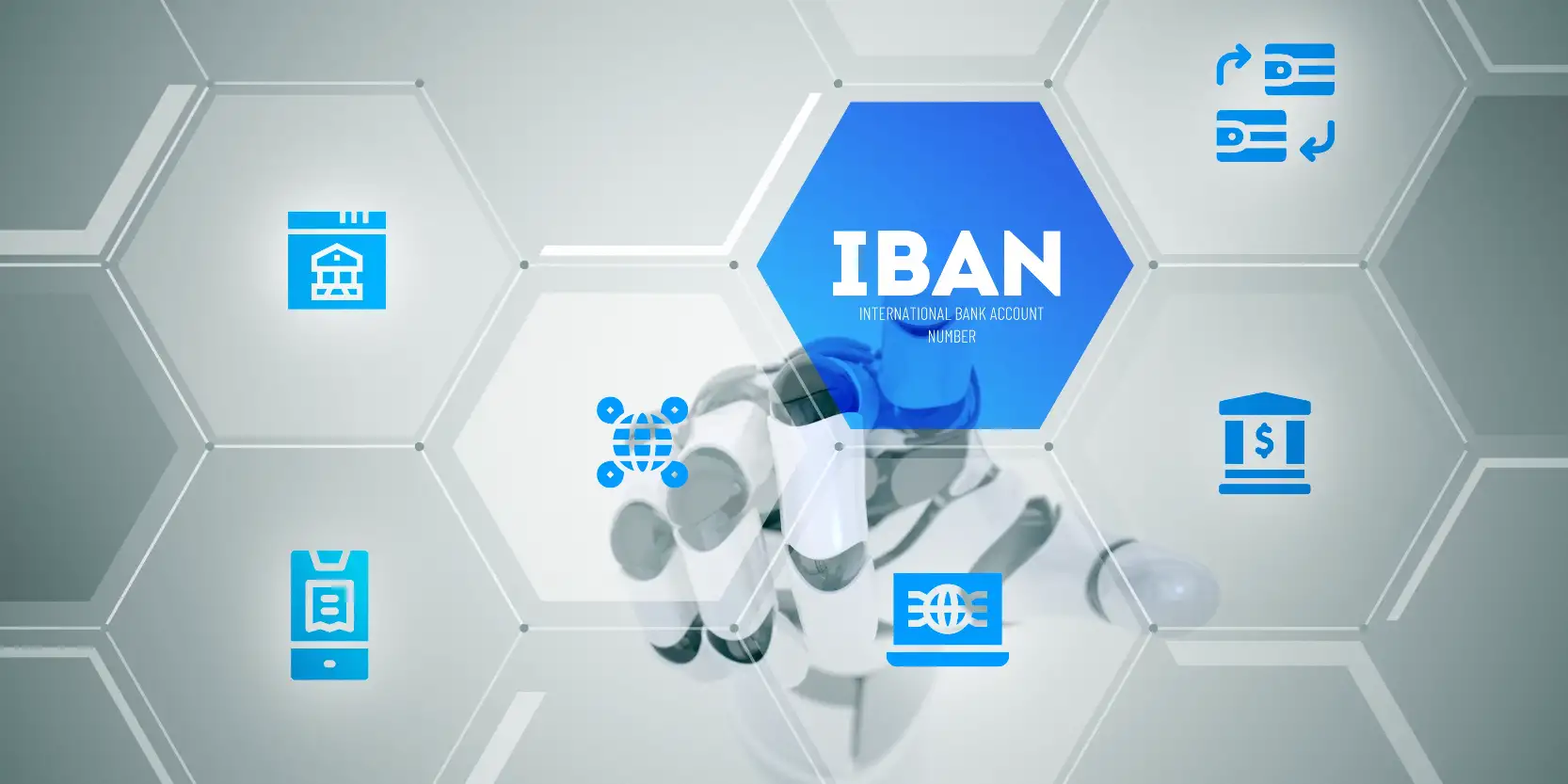Administrative and financial departments and purchasing departments are the two main functions that use this KPI. They use it to measure their performance. Commonly, the main use is in the context of financial and reputational risk prevention.
A tool for cash flow prevention
The credit manager function (attached to the CFO) is of course very attentive to the customer payment deadline. It is particularly interested in ensuring that deadlines are met. The function is thus involved in all aspects of the company's "lead to cash" process. The objective is to limit late payments while maximizing sales. Credit management also pays close attention to supplier payment times. On the one hand, to ensure consistency between supplier-customer payment terms and the working capital management strategy. On the other hand, because the accounting department is the one that ultimately makes the payment.
A major component of the supplier relationship
For the purchasing department, the usage is similar and is part of the management of reputational and financial risks. For example, respecting the payment deadlines set out in the contract means protecting against fines and late payment penalties. At the same time, it protects the company's reputation since the systematization of Name and Shame.
However, usage has evolved to become an indicator for measuring supplier relations that promotes Corporate Social Responsibility (CSR) policy. To build a healthy and sustainable relationship, respecting contractual commitments is fundamental. It is the keystone of a relationship of trust between the client and the supplier. It is therefore an integral part of the CSR policy. To be better than the maximum regulatory deadlines, by practicing shorter deadlines, is often put forward in the CSR policies of companies. More and more labels, standards and other initiatives aimed at measuring and validating CSR performance use and monitor this criterion.
A two-dimensional indicator
There are two dimensions to this KPI. The first is to note the possible gap between the planned and the achieved. The objective here is to measure the respect of the company's commitments and to associate corrective action plans. The respect of supplier commitments is critical, as the fight against late payment is a major issue for companies and public authorities. Covid's recent experience in times of crisis further demonstrates its critical role in the smooth functioning of the economy.
The other aspect of the KPI will be to compare the company's payment behavior against the legal limits in force. To practice payment terms below the legal limits is to send a positive message to suppliers. It is a way to develop trust, an initial and essential step for companies wishing to engage in co-construction or open innovation processes. It is also a sign of the positive social impact that the company wishes to have on its partners.
To summarize, it is clear that payment delays play a fundamental role in the functioning of our economies and the sustainability of our companies. It remains a fundamental KPI for the financial and general management of companies and can impact the reputation of the company. With the affirmation of the will to reconcile economic performance and social impact, this internal KPI could evolve into an external communication tool for the most virtuous companies.
Read more
Our support in risk management
Discover Ellisphere's expertise on your customer/supplier risk management issues with our dedicated approach.


